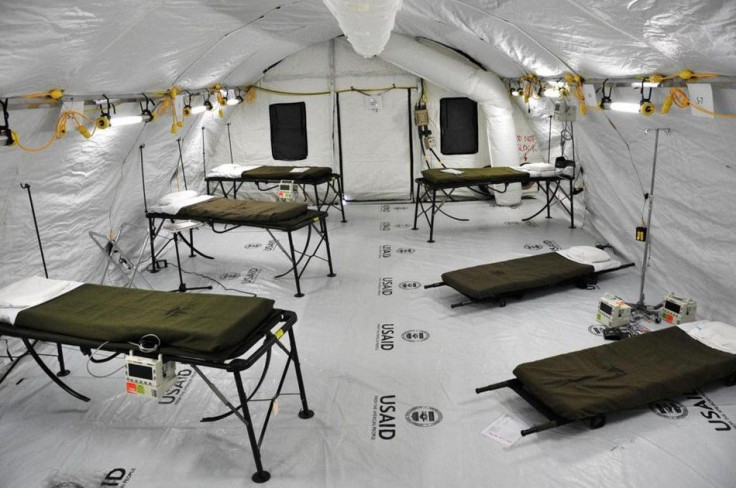UN Admits Insufficient Resources To Fight Ebola Outbreak, Over 300 People In NYC Being Monitored Against The Virus

Tony Banbury, head of the UN Mission for Ebola Emergency Response, had admitted the global body's resources needed to fight the rampaging disease in west Africa are currently insufficient.
Banbury told the BBC that he and his team are struggling to gather the much needed resources on the ground to fight the epidemic, such as beds and perhaps other stuff. He said there are other villages in other areas that have yet to receive any form of help.
He noted that more than 4,700 beds had been programmed to be forwarded to Ebola treatment centers in Monrovia, Liberia. However, only 22 percent are actually operational. Monrovia has had the highest rate of infections since the outbreak began in March.
The U.K., China, Cuba and the U.S. had all made significant contributions to help in the fight against the deadly Ebola virus in west Africa. But Banbury said he needs more help and fast. The UN in October had set a 70 percent bed space target for new cases by December. "We need more resources so we can cover more areas so we can defeat the disease wherever it is," he added.
As of November 2, the World Health Organisation said there have been a total of 13,015 confirmed or suspected cases of Ebola. Of these, 4,808 have died. Although the rate of infections seemed to have declined in Liberia overall, there still remains a high number of new cases in some parts of the country. New cases likewise still continue to emerge, especially in the capital cities, in the west African hit nations. As of the start of November, Ebola transmissions in Guinea seemed to be "stable."
But Banbury expressed fear the low numbers could be due not to the ability of finally controlling the transmission but because of poor information tracking. He told AP authorities in Liberia and Sierra Leone are currently having a hard time trying to determine how many more people are getting Ebola, as well as locating and determining the hot spots in those countries. "We don't have good data from a lot of areas. We don't know exactly what is happening," Banbury said.
Meantime, authorities in New York are currently monitoring the health statuses of at least 357 people in the city. These people, according to a joint statement from the New York City Department of Health and the New York City Health and Hospitals Corporation, are "being actively monitored" for Ebola out of an "abundance of caution." They include people who recently arrived in New York from Ebola-affected countries, as well as emergency medical workers who transported Craig Spencer to Bellevue Hospital Center. Spencer is the NYC doctor who contracted Ebola while caring for patients in Guinea. Authorities had said his condition is improving and remains stable.





















